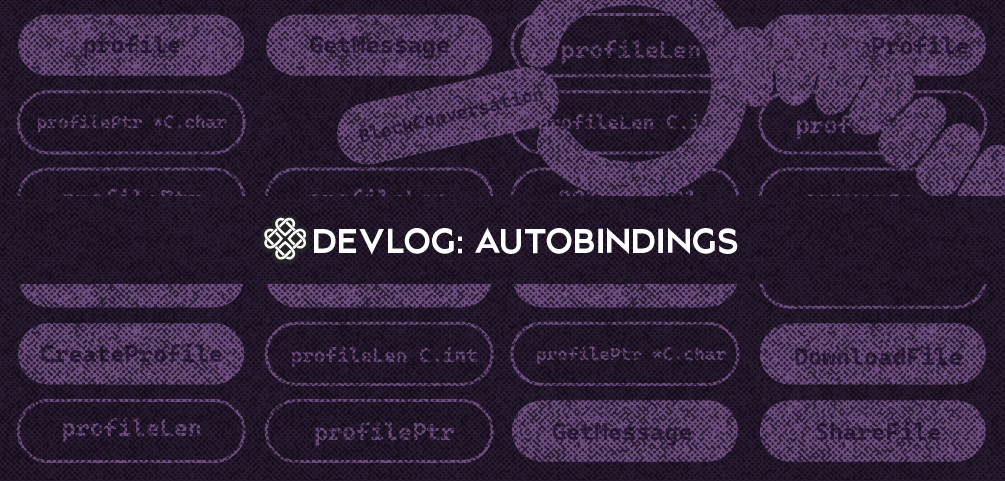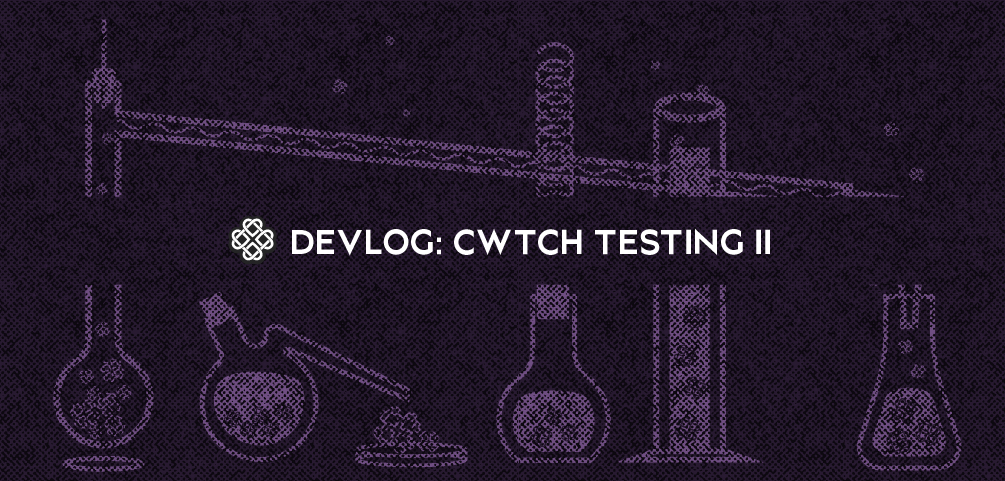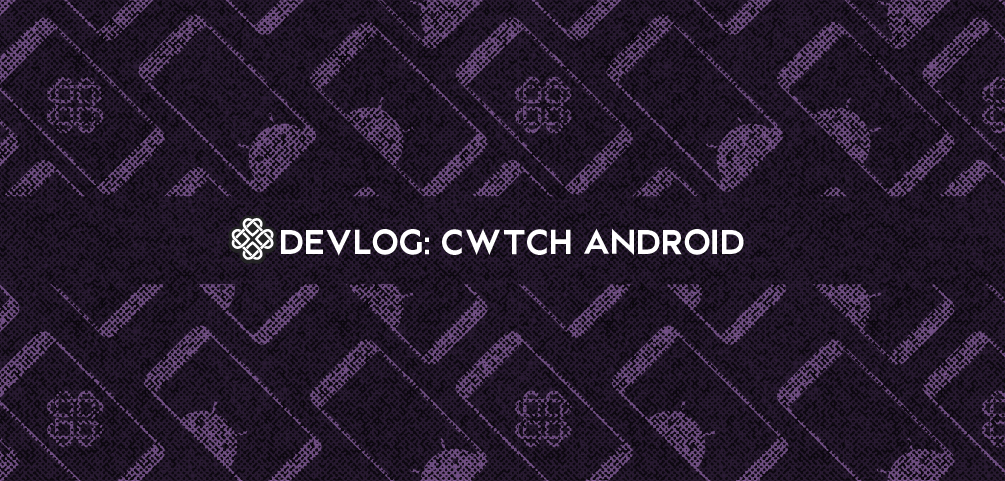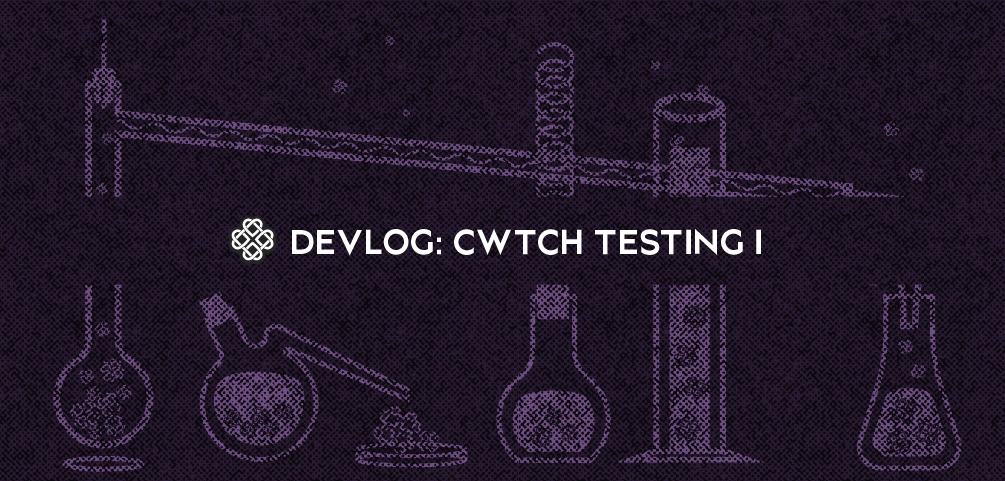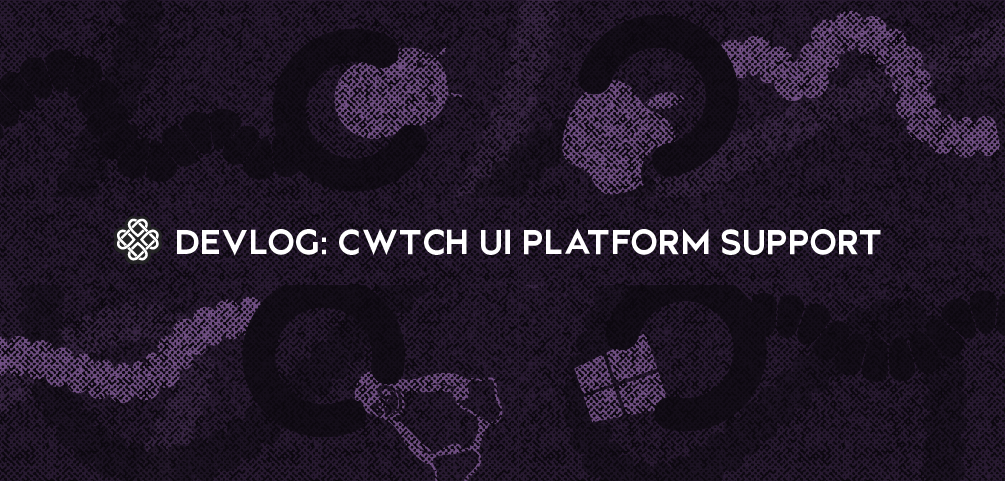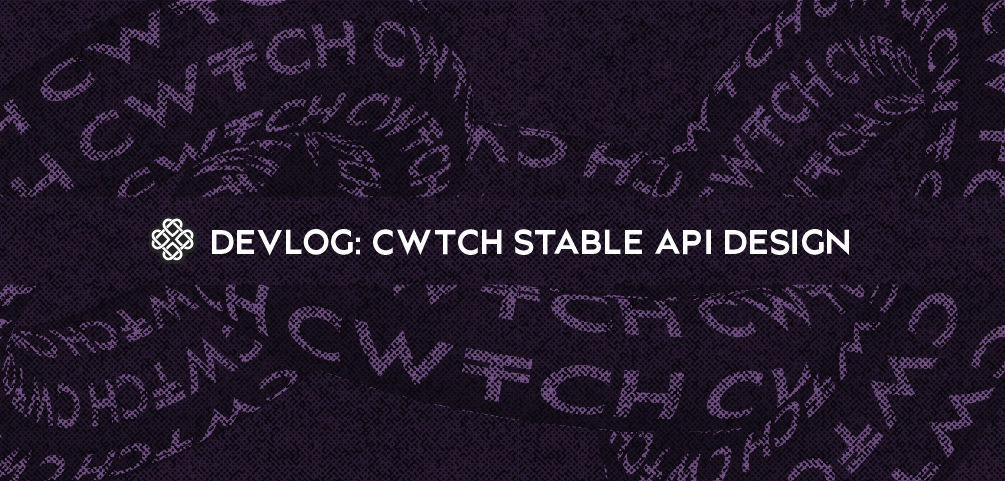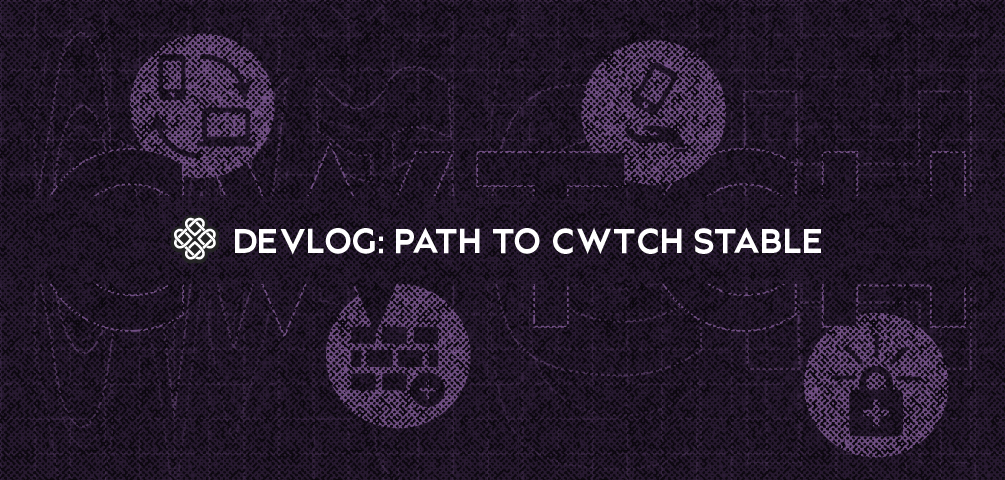The C-bindings for Cwtch evolved as part of Cwtch UI development. After two years of prototyping, development, new features, and revisiting first-implementations we have reached the point where we have a good understanding of what the bindings need to do, and how they should do it. To that end we have produced a first-cut of a workflow to automatically generate these bindings: cwtch-autobindings.
This this development log we will introduced autobindings, the motivation behind them, and how we plan to use them on the path to Cwtch Stable.
